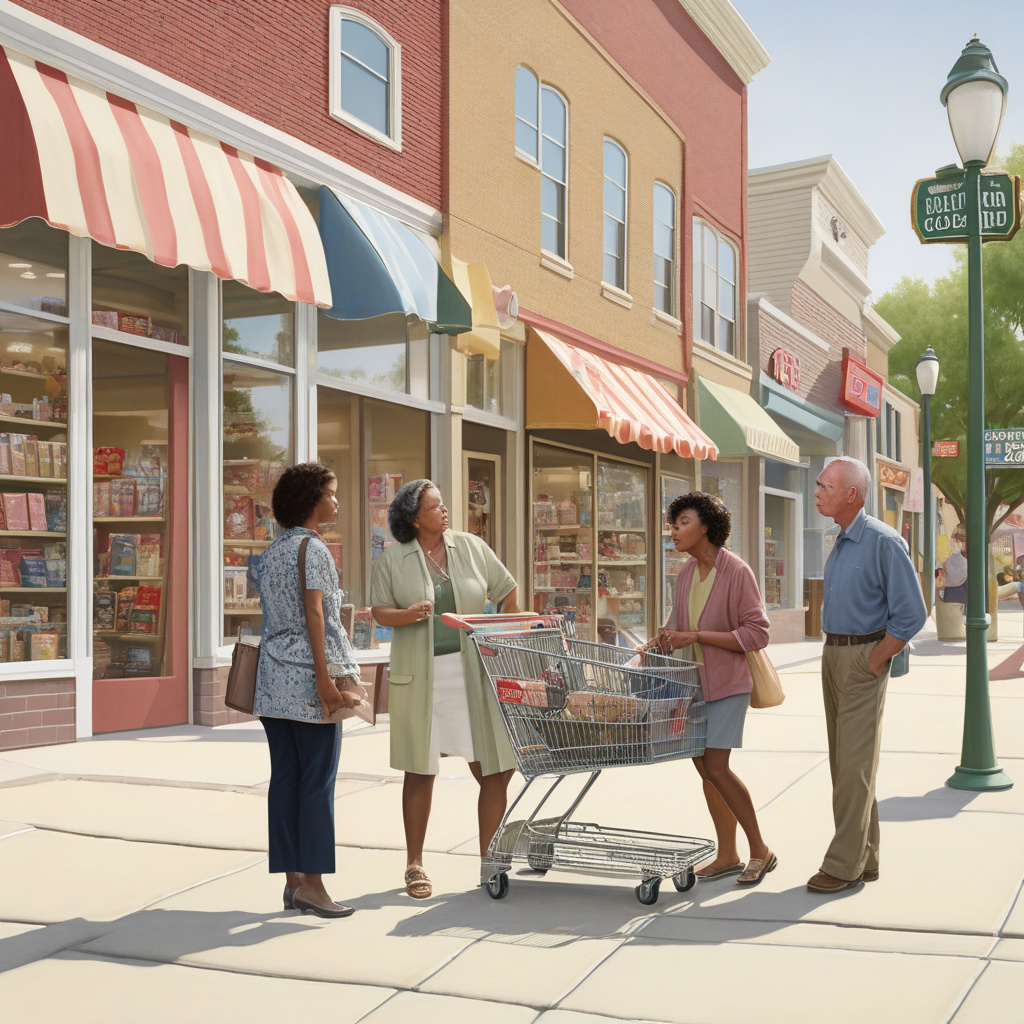The Impact of Store Closings on Central U.S. Consumers
The retail landscape in the Central United States is undergoing a significant shift as independent and regional grocery operators are closing their doors in towns across Iowa and Oklahoma. This trend is leaving shoppers in these areas with limited options for their everyday purchases and forcing them to seek alternative solutions. The closure of these stores not only affects the local economy but also disrupts the shopping habits of residents who have come to rely on these outlets for their grocery needs.
One of the primary consequences of store closings is the loss of convenience for consumers. With fewer grocery stores available in their vicinity, shoppers are now required to travel greater distances to find a suitable alternative. This not only adds to their commuting time but also increases their overall expenses, especially for those who do not have access to private transportation. As a result, residents in these areas are left feeling inconvenienced and frustrated by the lack of nearby shopping options.
Moreover, the closure of grocery stores can also have a negative impact on the local economy. These stores serve as crucial sources of employment for residents in small towns and rural areas, providing job opportunities and contributing to the overall economic growth of the community. When these stores shut down, not only are jobs lost, but the local economy also suffers as a result of decreased consumer spending and tax revenue. This, in turn, can lead to a ripple effect on other businesses in the area, further exacerbating the economic downturn.
In response to these closures, consumers are now turning to alternative shopping solutions to fulfill their needs. One option that has gained popularity in recent years is online grocery shopping. Platforms such as Instacart, Walmart Grocery, and Amazon Fresh offer consumers the convenience of ordering groceries online and having them delivered to their doorstep. This not only saves shoppers time and effort but also provides them with access to a wider range of products that may not be available in their local stores.
Another alternative that consumers are exploring is shopping at larger chain stores located in nearby cities or towns. While this may require additional travel time, these stores often offer a wider selection of products at competitive prices, making it a feasible option for residents in areas where local stores have closed down. Additionally, some consumers are choosing to support farmers markets, co-ops, and other local initiatives to fulfill their grocery needs while also contributing to the sustainability of the local economy.
In conclusion, the closure of independent and regional grocery stores in towns across Iowa and Oklahoma is having a profound impact on consumers in the Central United States. From loss of convenience to economic repercussions, the effects of these store closings are being felt by residents and businesses alike. As consumers continue to search for alternative shopping solutions, it remains to be seen how the retail landscape in these areas will evolve in the coming years.
store closings, Central U.S., retail, grocery operators, alternative shopping solutions
